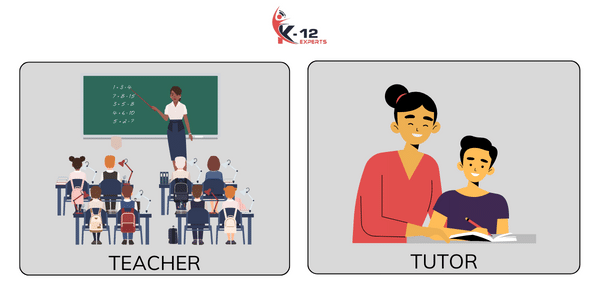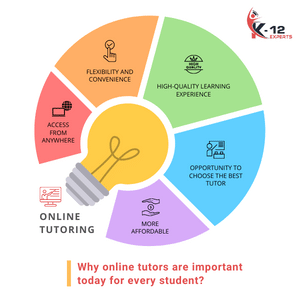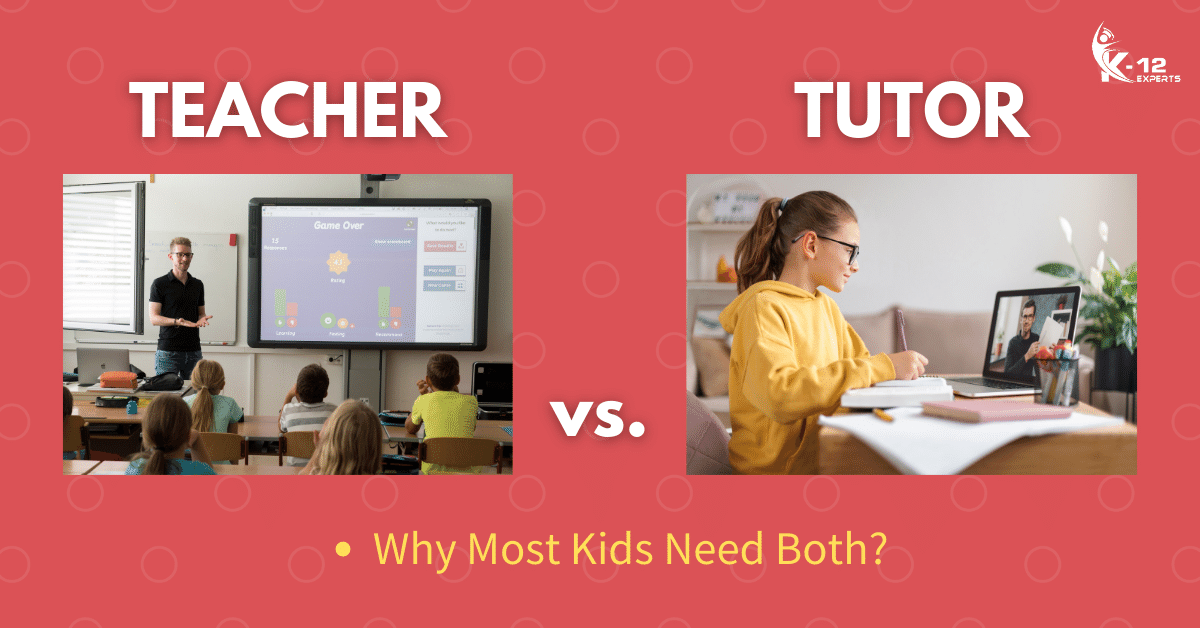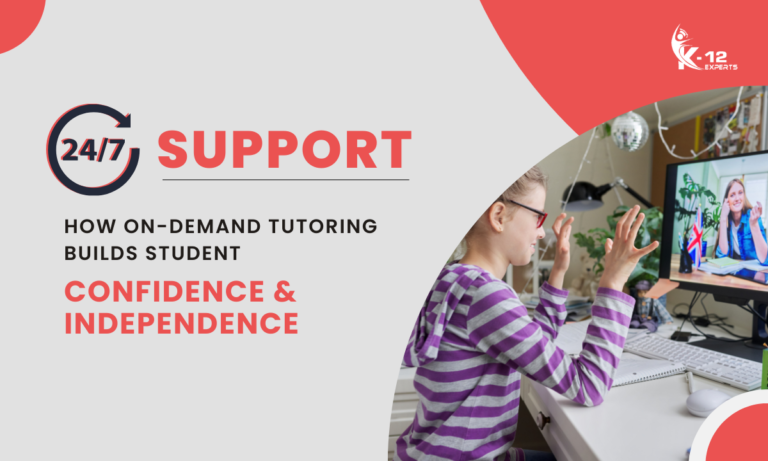When it comes to helping children succeed in school, both teachers and tutors play important roles. However, the roles of a teacher and a tutor are very different and serve different purposes. This article will explore the differences between teachers and tutors and why most kids need both in order to reach their full potential.
Breaking down the concept of teachers and tutors
A teacher is a licensed professional who is responsible for instructing a group of students in a specific subject or set of subjects. Teachers are typically responsible for creating lesson plans, grading assignments and exams, and providing feedback to students. They are also responsible for creating a positive learning environment and building relationships with their students. Teachers are typically certified and have a degree in education.
A tutor, on the other hand, is a person who provides personal academic support to a student in a specific subject or set of subjects. Tutors are typically not licensed professionals but may have expertise in a particular subject. They are typically responsible for providing extra help to students who are struggling with a particular subject or concept. Tutors may also provide test preparation, homework help, and other forms of individualized instruction.
Teachers vs. Tutor

The main difference between a teacher and a tutor is the level of individual attention that a student receives. While a teacher is responsible for a group of students, a tutor is responsible for just one student. This allows the tutor to tailor the instruction to the student’s specific needs and learning style. Tutors can also identify and address specific areas of difficulty for the student, which can be difficult for a teacher to do in a classroom setting.
Why are online tutors important today for every student?

Online tutoring is a recent development in the education field and is becoming increasingly popular. Online tutors provide students with one-on-one instruction over the internet.
- It offers greater flexibility and convenience for both the student and the tutor. Online tutoring can be done synchronously or asynchronously, meaning that the student and tutor can simultaneously be in the same place or different places.
- With the help of digital tools such as video conferencing, screen sharing, and virtual whiteboards, online tutoring can provide a high-quality learning experience.
- Online tutoring has opened up the opportunity for students to access a wider range of tutors and choose the one who can help them the best.
- It is also a more affordable way of learning than in-person tutoring.
- Online tutoring can be done from anywhere, which is especially beneficial for students who live in remote areas or for students who have mobility issues.
Both teachers and tutors play important roles in helping children succeed in school. Teachers are responsible for instructing a group of students in a specific subject or set of subjects and creating a positive learning environment. Conversely, tutors provide one-on-one instruction to a student in a specific subject or set of subjects. Online tutoring is a recent development that is becoming increasingly popular and provides many benefits, such as flexibility, convenience, and access to a wider range of tutors. Most kids need both teachers and tutors to reach their full potential, and online tutoring can provide a great supplement to traditional in-person instruction.




